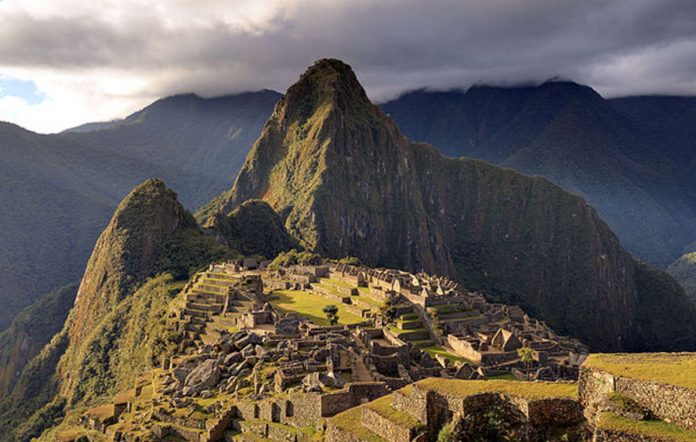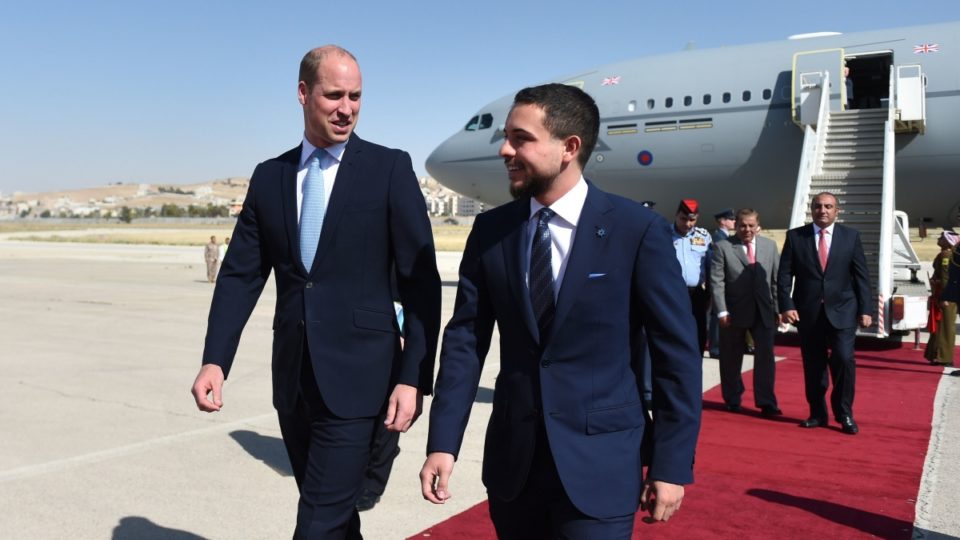Just over a hundred years ago in Peru, a tall history professor from Yale University left his camp in a valley northwest of Cusco, and walked through cloud forest to a mountain ridge more than 7,500 feet above sea level. There, high above the roaring Urubamba river, he found an ancient stone citadel; sculpted terraces of temples and tombs, granite buildings and polished walls that were covered in centuries of vines and vegetation.
Hiram Bingham had stumbled across the Inca site of Machu Picchu, the site he believed to be the ‘Lost city of the Incas’. ‘Machu Picchu might prove to be the largest and most important ruin discovered in South America since the days of the Spanish conquest,’ he wrote in the 1913 edition of the National Geographic.
But his words were misleading. Bingham hadn’t ‘discovered’ Machu Picchu. Nor was it ‘lost’. He may have alerted it to the western scientific world – for there were no accounts of it in the chronicles of the Spanish invaders – but local tribes must have been aware of its existence. Yet Christopher Heaney, a Fellow at the University of Texas and author of a book on Hiram Bingham, claims the historian was amazed to discover an indigenous family close to the citadel. ‘When he climbed the mountain he was very surprised to find an Indian family at the top of the ridge,’ he said. Why Bingham was surprised is bewildering in itself.
It is unlikely that his terminology had adverse ramifications for the local indigenous peoples, but the language of colonists has long had a tragic part to play in the destruction of tribal peoples across the world. For centuries, tribal lands have been referred to as ‘empty’ in order to justify their theft for commercial, military or conservation reasons. After all, if a region is uninhabited, so the expedient thinking goes, there are by definition no human rights to address. Similarly, racist prejudices – the labeling of tribal peoples as ‘backward’, ‘uncivilized’ or ‘savage’ – have inculcated a popular attitude of disrespect and fear, so underpinning (and even justifying, in the perpetrator’s mind), the appalling treatment to which tribal peoples have been subjected.
When European settlers landed on the shores of Australia, they claimed the land was ‘terra nullius’ – land belonging to no-one. It wasn’t. The Aboriginal people had lived there for perhaps 50,000 years yet the concept of ‘terra nullius’ was only properly overthrown in 1992, allowing the lands to be stolen legitimately from the people who had first occupied the continent. Under British colonial law, Aboriginal people had no rights; they were deemed too ‘primitive’ to be owners. In just over 100 years from the first invasion, the Aboriginal population was reduced from an estimated one million to only 60,000.
Similarly, when the trade winds carried Christopher Columbus to the ‘New World’ in 1492, he had in fact arrived in the homelands of peoples who had lived there for millennia: tribes who had their own successful laws, rituals, beliefs, values, ways of life and religions. ‘The whites shout out today, “We discovered the land of Brazil,”’ says Davi Kopenawa, a Yanomami spokesman, ‘as if it were empty! As if human beings hadn’t lived in it since the beginning of time!’ a thought echoed by Megaron Txukarramae, a Kayapo Indian when he said, ‘The land that the whites called Brazil belonged to the Indians. You invaded it and took possession of it.’
The reality of course is that South and North America were not ‘new’, Australia was not ‘empty’ before Europeans arrived and Machu Picchu was not ‘discovered’ in 1911. ‘The phrase ‘discovery’ of America is obviously inaccurate,’ wrote the linguist and philosopher Professor Noam Chomsky. ‘What they discovered was an America that had been discovered thousands of years before by its inhabitants. Thus what took place was the invasion of America – an invasion by a very alien culture.’
These lands were the homes of indigenous peoples. To claim a land was ‘empty’ before the invasion of colonists and ‘discovered’ once they arrived is to rob tribal peoples of their identity, dignity and land rights; it is to deny their very existence.
They are still the homes of indigenous peoples. In the summer of 2013, Peru’s Prime Minister announced that his government has scrapped an official report warning of the dangers a controversial gas project poses to uncontacted tribes, and at least three ministers resigned amidst growing pressure to approve the project. The UN has called for the project’s ‘immediate suspension’. The invasion of their lands continues; their existence and rights overlooked.













